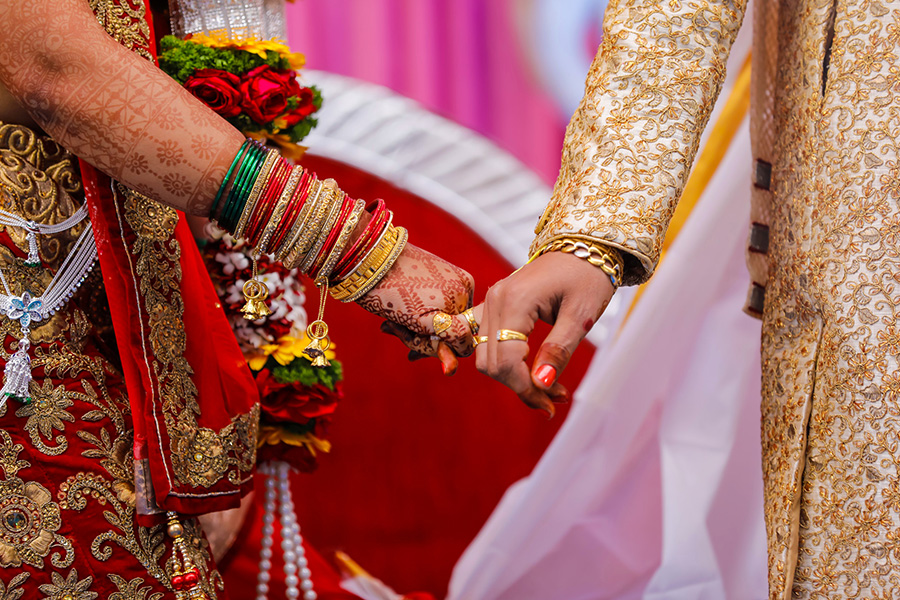
Recognizing marital status as a ground for discrimination could address inequalities faced by non-traditional families and individuals in India.
Authors
Arijeet Ghosh, Associate Professor, Jindal Global Law School, O.P. Jindal Global University, Sonipat, Haryana, India
Diksha Sanyal, University College London, United Kingdom
Summary
Marital status discrimination, like race and sex, is a ground for discrimination in many jurisdictions. In India however, such a ground has neither been constitutionally nor statutorily recognized. With recent attempts by civil society to advocate for an anti-discrimination law, such a ground could, however, become a part of the legal system.
This chapter identifies laws and policies across the domains of family, health, labour, welfare, and citizenship that privilege heterosexual, monogamous, married couples in India directly or indirectly. Thereafter, we attempt to analyse whether recognizing marital discrimination statutorily or constitutionally could be a potential way to challenge the discrimination experienced by non-heterosexual, non-marital couples, and single individuals. By undertaking a textual analysis of these central laws and policies, we aim to describe how marriage is entrenched in Indian legal discourse and the extent to which recognizing marital status as a ground could correct this.
Published in: Family Studies
To read the full chapter, please click here.

